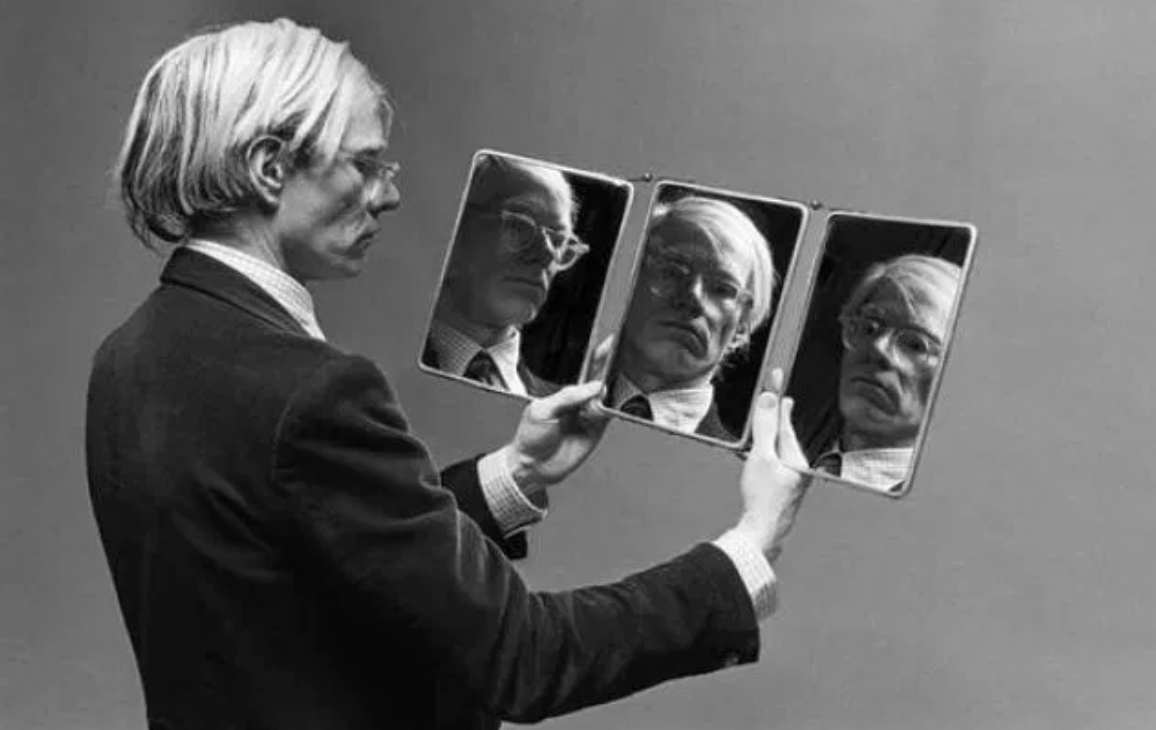
The new year often brings career considerations. How will we position ourselves to take the next step? These days, this involves the nuanced world of personal branding. And while it makes many of us feel squeamish to think of ourselves as a brand, it’s not a new phenomenon.
Before industrialisation, we were what we did. Just quickly scroll through the contacts list on your phone and there’s a chance you’ll see a few of the OG personal brands. Surnames like Smith, Carpenter, Taylor, Baker… If you think personal branding has gone too far, then don’t forget our brands used to come with us everywhere, and not just appear on our LinkedIn page. Washing powder and electronics aren’t the only brands, people are too, and have been for a very long time.
But then, once we industrialised much of our branding, as economic participants at least, was derived from where we studied and the corporations we worked for. ‘She went to Harvard.’ ‘He worked directly under Henry Ford.’ We built ourselves around the institutions we spent time in. The evidence of who we were and what we were capable of was a function of where we spent time. It was their brands that we had to leverage as we became cogs in their machines. The era of being known for our output got lost, and this was for one simple reason – most of us became part of something much bigger than ourselves. For most of us, there was no longer a table we could imprint our name on, or suit with our name in the jacket pocket. Our work became shared, we only made a slither of the final output – we got lost in the system. As people, we essentially morphed into sub-brands of large corporations. It was then that the great brand reversal started to happen, as mass media infiltrated our homes.
Once upon a time, things were once just things – bread, washing powder, suits, you name it. But in order to build trust, corporations who now made what we used to make, used the branding process to personify what they were selling. In a way, things replaced people as brands. Companies had to make things seem reliable like people, because, who the hell knew who made what? The bread didn’t come from Billy’s bakery – who we knew and trusted – it came from a big factory somewhere.
The tool used to personify the products and build brands during the 20th century was mass media. The factory and the TV were the perfect partners. Big budgets and big scale were both mandatory. Together they combined to make us believe that very average things were worth more than they actually were. Much of the value, credibility and the premium price we paid was a function of the advertising. What we were consuming was ostensibly a parasocial relationship. It was a closed shop for the big and privileged – until now.
For the first time in history, people can now brand themselves at scale. The emergence of fragmented, low-cost and highly distributed media on the web means anyone can play. Anyone can build their brand, and then charge a premium for their services. Just like brand XYZ became known as a premium brand, so can we. The more well-known someone is in their industry, the more they will earn – it’s just a modern inalienable truth. I know it feels like a very uncomfortable transition, especially when the world of personal brands is filled with hucksters, and camouflaged Amway sales people on Instagram trying to sell you milkshake weight loss powders by showing their photoshopped abs. Yes, there’s lots of dodgy players out there, using the new cheap tools and make a quick buck – but isn’t there always?
What we might consider instead, is to build something respected and sustainable based on real work and insight. How do we display, using the tools available, our capability? How do we become more than our formal qualifications and experience by sharing new ideas, projects, industry transitions and connection? How do we share things of value with others and then let the law of reciprocity set in?
In simple terms, we just need to decide what we want to be known for – and take that to the market. For me it’s being the guy who understand technology’s impact on business and society – and helping people navigate the future. I study this stuff all day long, so my customers don’t have to. They can focus on their industry and plug in my skills when required.
But in a busy world, where everyone is the CEO of their own personal media corporation, it’s hard to be heard, where everyone has something to say. It might even mean we need to invest in ourselves, and actually pay to build our personal brands. Yes, advertise ourselves, just like the hero brands of the TV Industrial Complex did back in the day. It’s never been more affordable to take control of our own futures, perceptions and capabilities. If it’s good enough for corporations products, then why not people?
—
Thanks for reading this year. Have a great 2019. Steve.